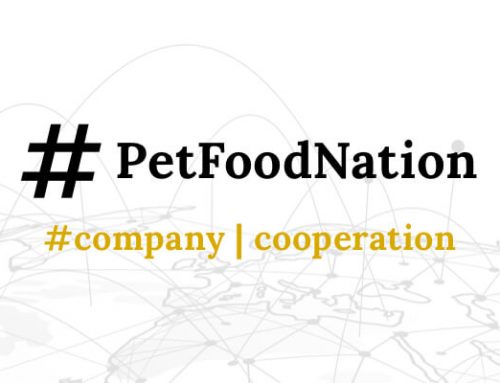Local business gained great influence on the Iranian pet food market now. The country startet its way to self-sufficiency since 2020. Because of the COVID 19 situation the government forbid any import of pet products.
That situation is just the tip of the iceberg. The crisis on the Iranian pet food market started in November 2018. After Trump reinstated the economic sanctions against the country, the Iranian Industry and Trade Ministry enacted a ban on various goods and the country was able to produce intra-national.
Although the local business could expand production capacities, there are quite a few foreign products available on the black market.
Dr. Jalaleddin Mirfakhrai, director of J.M. Vet Group, the biggest pet food importer explained: “Import of pet food is still forbidden, so there is no official legal import at all. However, black market import is stronger than ever, and you can easily find quite a good range of brands and products,” Dr. Mirfakhrai said, adding that prices for smuggled products are 200-300% higher than the price of the same brands on foreign markets.
“The very existence of smuggling, and a lack of control over black market imports, is very disappointing for market players. The Iranian government banned pet product imports in order to stop money leaving the country. Now, this money is being transferred to the black market, and there is no government control over it. When import was legal, companies like mine used to import goods and pay customs fees”, he added.
Regarding the expand of local businesses Savis Ansani, director of the local consulting agency Persian Pet International, stated: „There were only a couple of pet food producers in Iran before the sanctions,”
This changed considerably. Dr. Navid Nasirian, director of Nutripet, one of the biggest pet food producers, explained, that the sanctions supported his company to treble ist production volume. J.M. Vet Group could also expand his production of cat and dog food lines.
Read the full article – globalpets.community



